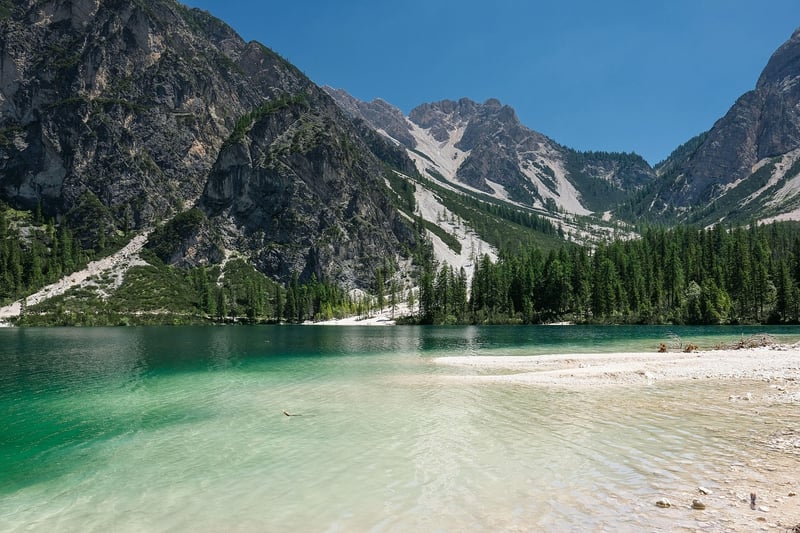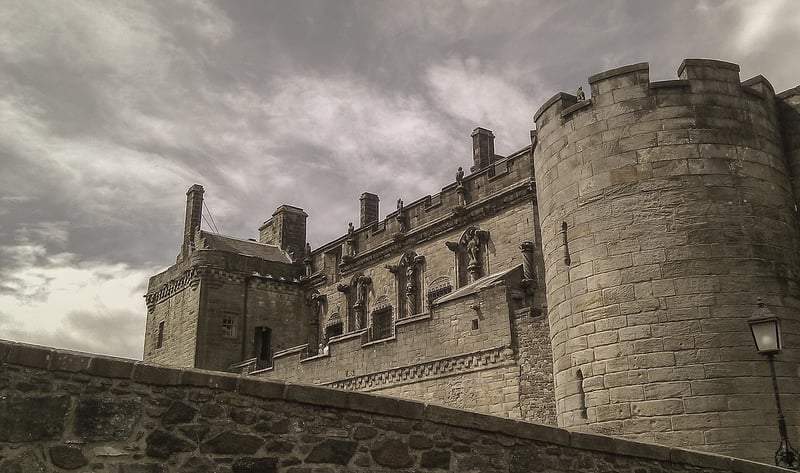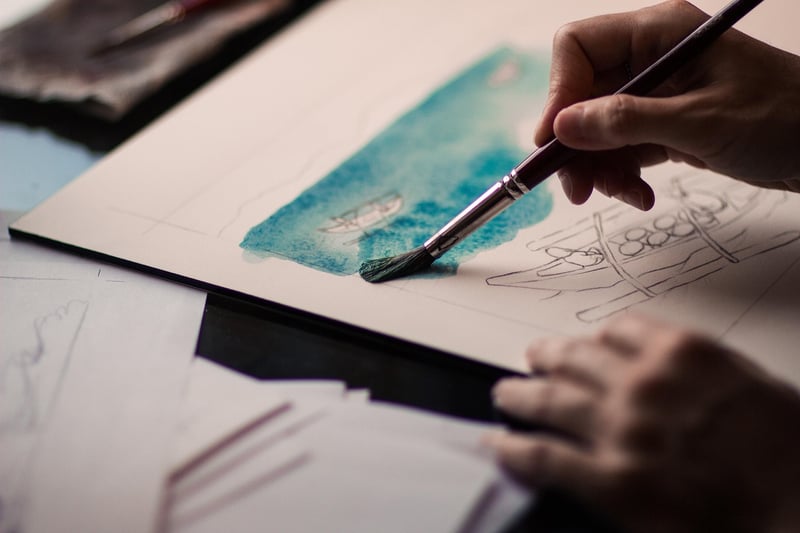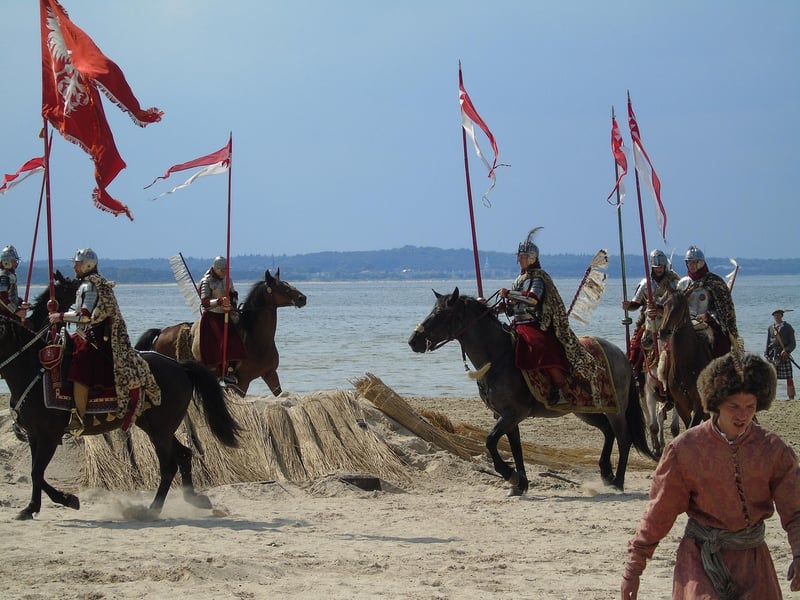Historical Events
Exploring Different Time Periods and Historical Events
History is a tapestry woven with the threads of time, each period defined by its own unique events, people, and cultural influences. Let's take a journey through some significant historical eras that have shaped the world as we know it today.
Ancient Times - The Cradle of Civilization
Ancient civilizations such as Mesopotamia, Egypt, Greece, and Rome laid the foundation for modern society. From the construction of the pyramids to the rise and fall of empires, this period is marked by monumental achievements in art, architecture, and governance.

The Middle Ages - Feudalism and Crusades
The Middle Ages saw the dominance of feudalism, the spread of Christianity, and the epic Crusades. Knights, castles, and cathedrals defined this era, with events like the Black Death leaving a lasting impact on European society.

The Renaissance - Rebirth of Arts and Sciences
The Renaissance brought a revival of art, literature, and learning in Europe. Visionaries like Leonardo da Vinci and Michelangelo created masterpieces, while thinkers like Galileo challenged traditional beliefs, ushering in a new age of enlightenment.

The Age of Exploration - Discovery and Conquest
The Age of Exploration saw adventurers like Columbus, Magellan, and Vasco da Gama sail the seas in search of new lands and trade routes. This era led to the first global interactions, shaping the modern world through colonization and trade.

Industrial Revolution - Rise of Modern Industry
The Industrial Revolution transformed society with the mechanization of production, urbanization, and technological advancements. Factories, railroads, and steam engines revolutionized the way people lived and worked.

Each of these time periods and historical events has left an indelible mark on humanity, shaping our world in profound ways. By understanding and appreciating the past, we can better navigate the complexities of the present and envision a more enlightened future.
